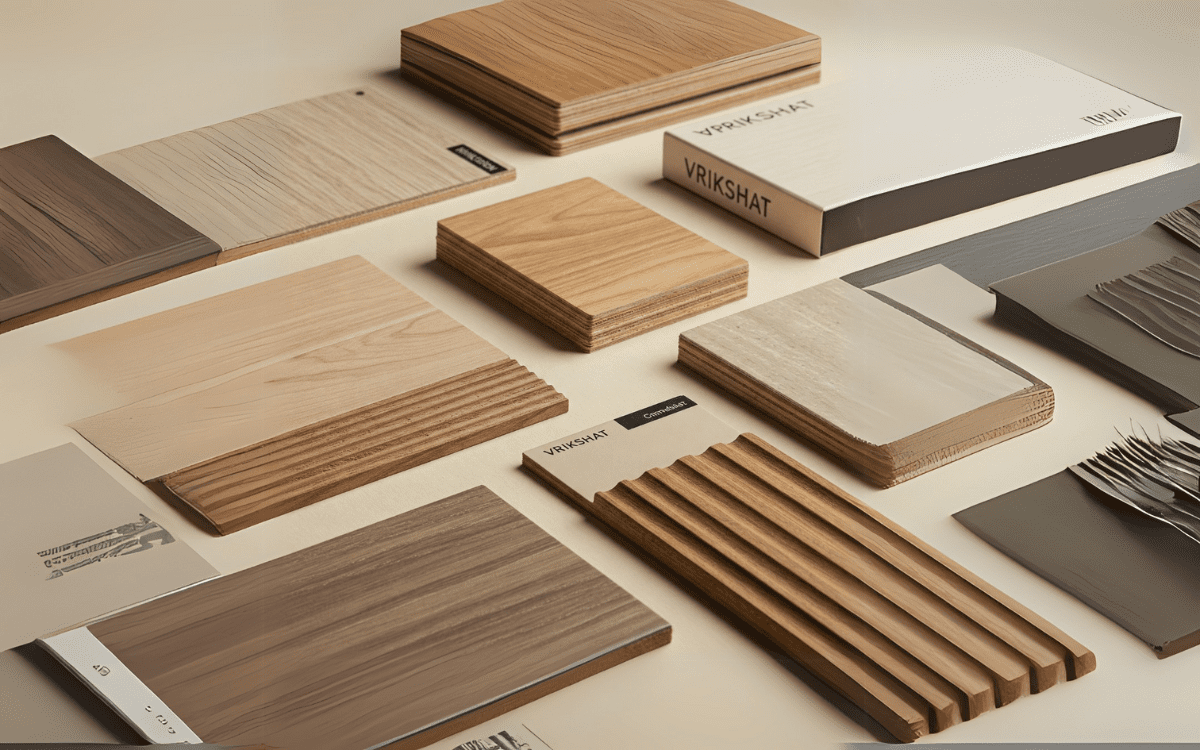Wood has been an integral part of human civilization for hundreds of years. Its herbal beauty, sturdiness, and versatility have made it a famous preference for diverse packages, from furniture and floors to decking and wood paneling. However, to make sure that wood keeps its charm and power over the years, the right upkeep is important.
This is where wood oil, additionally called teak oil or furniture oil, performs a critical role. In this complete manual, we will explore the benefits of teak oil and delve into the kinds of timber that benefit the most from this enriching remedy.
Understanding Wood Oil
Wood oil is a specialized product designed to beautify and guard wood surfaces. It is extensively used for keeping wood furniture, flooring, decking, or even wood paneling. The number one goal of wood oil is to penetrate the timber fibers, moisturize them, and create a protective layer that shields the wood from outside factors such as moisture, UV rays, and wear and tear.
The Magic of Natural Wood Oil
Natural wood oils from the best wood oil suppliers in India, often derived from plant-primarily based assets, possess specific properties that nourish and rejuvenate timber. These oils are ideal for reinforcing wood’s sturdiness and splendor while at the same time maintaining its herbal attraction. Some common herbal timber oils encompass linseed oil, tung oil, and, drastically, teak oil.
Types of Wood That Benefit Most from Wood Oil
Not all woods are created equal, and their response to wood oil treatment can vary substantially. Let’s explore the wooden kinds that benefit the most from wooden oil:
Teak Wood
Teak wood is famed for its superb natural sturdiness and resistance to decay. However, the application of teak oil enhances these innate homes, making it the ideal choice for out-of-door fixtures, boat decks, and different wood surfaces exposed to harsh climate situations. Teak wood’s excessive oil content allows it to thrive in moist environments, making it resistant to rot and fungal growth.
Mahogany Wood
Mahogany wood is prized for its splendor and grain patterns. Wood oil accentuates those capabilities at the same time as offering protection in opposition to environmental factors. This makes mahogany a great choice for crafting outstanding furniture and wood paneling that exude elegance and class.
Cedar Wood
Cedar wood boasts herbal oils that act as insect repellents and resist decay. The application of cedarwood oil enhances these tendencies, introducing protection against bugs, fungi, and the consequences of moisture. Cedar wood is frequently used for crafting timber chests, closets, and out-of-door structures.
Pine Wood
Pine wood from the wood oil suppliers in India is broadly appreciated for its affordability and flexibility. However, it is tremendously smooth and susceptible to harm. Wood oil adds electricity and resilience to pine, making it a realistic desire for indoor fixtures, cabinetry, and wood floors.
Oak Wood
Oak wood is known for its extremely good strength, durability, and grain patterns. Wood oil not only highlights its inherent splendor but also strengthens its resistance to moisture. Oak wood is a high-quality choice for fantastic timber flooring and kitchen furnishings that may withstand the test of time.
Cherry Wood
Cherry wood features a warm, reddish hue that deepens with age. The utility of wood oil intensifies this color at the same time as safeguarding against wear and tear. Cherry timber is a favored choice for crafting high-end fixture pieces that exude warmth and character.
Maple Wood
Maple wood is well known for its light, even grain and remarkable durability. Wood oil enhances its herbal luster, making it an exceptional desire for crafting kitchen utensils, cutting boards, and tabletops that require both splendor and functionality.
Choosing the Right Natural Wood Oil
Selecting the correct wood oil is important to maximize the benefits for different timber types. Consider the subsequent factors when selecting the best wood oil:
- Type of Wood: Each type of wood may also require a specific type of wood oil. For instance, teak oil is fine for teak wood due to its particular residences. Research and seek advice from specialists to ensure compatibility.
- Indoor vs. outdoor use: Determine whether you need indoor or outdoor wooden oil. Outdoor wooden oils are especially formulated to withstand harsh climate situations and provide extended safety.
- Desired Finish: Consider the end you select—whether or not it is a natural matte finish or a sleek look. Wood oils are available in diverse finishes to cater to unique aesthetics, so pick out one that fits your style.
- UV Protection: If your wood might be exposed to daylight, opt for a wood oil that provides UV safety. This characteristic prevents fading and discoloration as a result of prolonged solar publicity.
- Drying Time: Take into account the drying time of the timber oil, specifically if you have a tight schedule for your mission. Some oils dry faster than others, permitting you to finish your woodworking initiatives extra efficiently.
Summing Up Words
Wood oil is a versatile and effective answer for maintaining and improving diverse wood types. Whether you are protecting your outdoor teak furnishings from the elements or restoring the splendor of your indoor cherrywood dining desk, the proper wood oil can make a huge difference.
Remember to select the right wood oil for your unique wood kind and alertness to enjoy long-lasting, beautiful wooden surfaces that stand the test of time. Invest in the fitness and durability of your wood benefits these days with the wonders of natural wood oil—a natural, time-tested solution for wooden care and maintenance.






